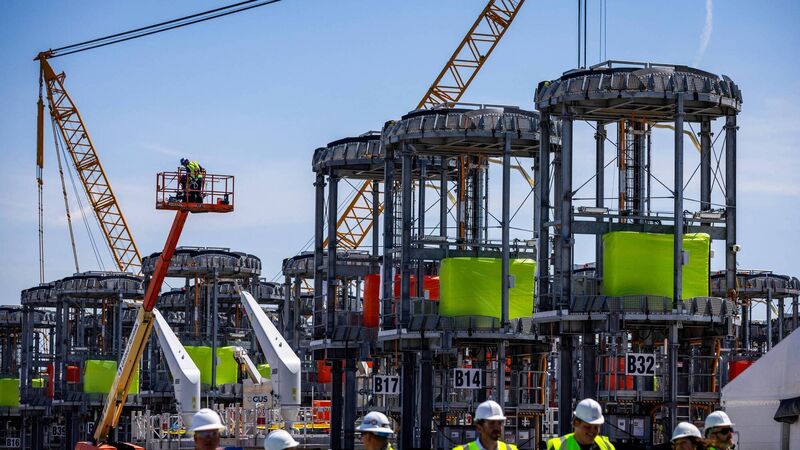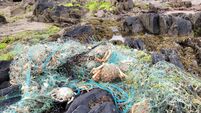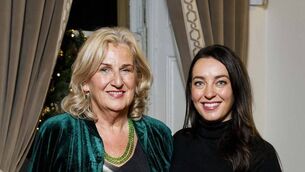Novo Nordisk and Orsted troubles spark fears Denmark faces its own 'Nokia moment'

The Revolution Wind construction hub in Rhode Island in June 2024. Trump issued a stop-work order for the nearly completed project. Photographer: Adam Glanzman/Bloomberg














